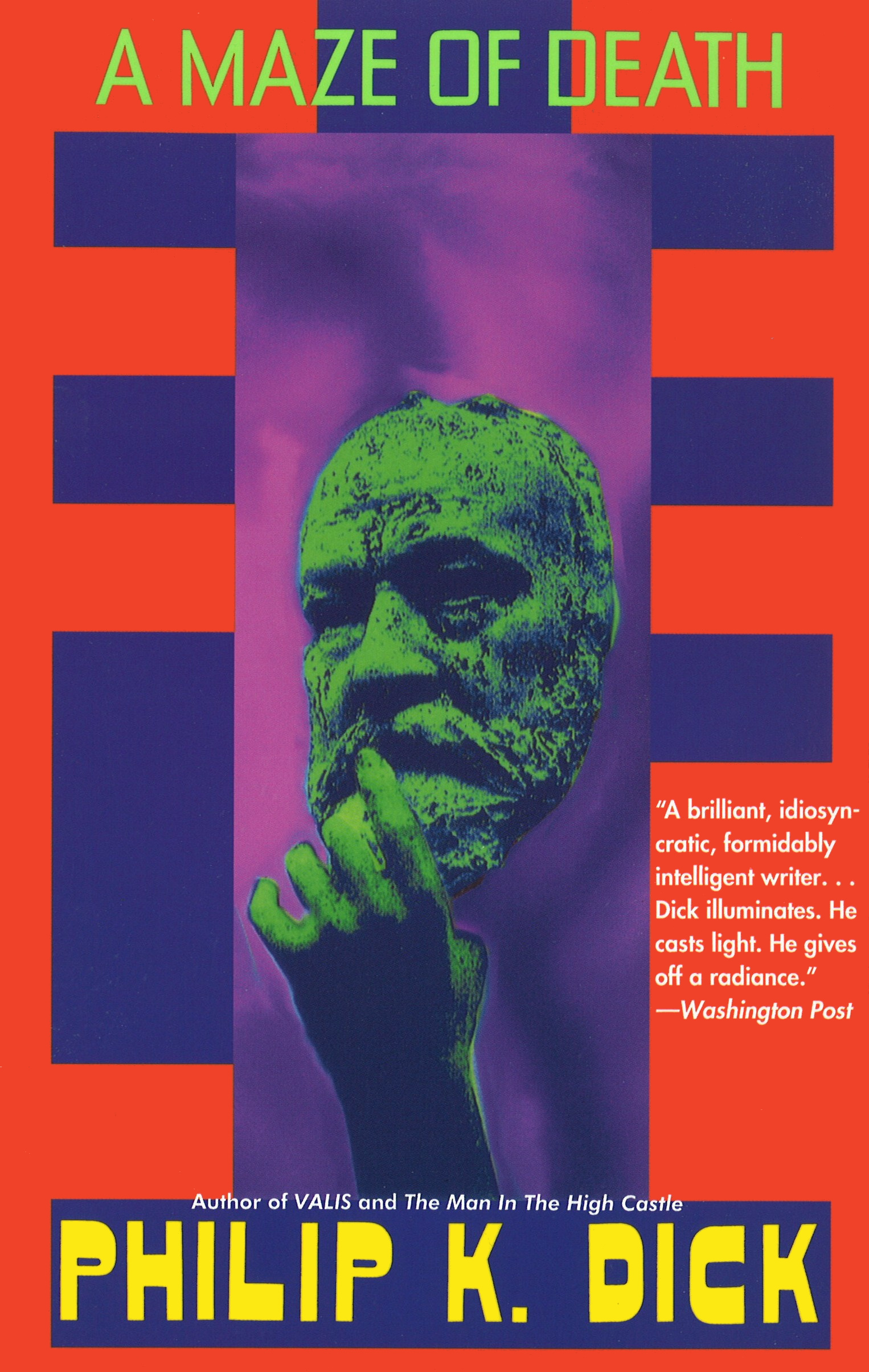
Clans of the Alphane Moon
Book Description
Trapped on a moon inhabited by fractured factions of the mentally ill, the battle for survival takes a dark turn as lost souls grapple with their fractured realities and hidden ambitions. Amidst the chaos, alliances are forged and betrayals lurk around every corner, igniting a fierce struggle for power and purpose. As the boundaries between sanity and madness blur, secrets from the past threaten to unravel everything. Love and desperation collide in a world where hope is scarce. Can feuding clans unite before the clock runs out, or will their fractured minds doom them all?
Quick Book Summary
"Clans of the Alphane Moon" explores a unique society on Alpha III M2, a moon abandoned by Earth after a long interstellar war. The moon's residents are former psychiatric patients, who have organized themselves into clans based on their original diagnoses. As Earth considers reclaiming the moon, a complex web of political, personal, and psychological intrigue unfolds. Chuck Rittersdorf, a CIA operative entangled in a bitter divorce with his wife Mary, becomes involved with the moon’s clans as his personal and professional worlds collide. Through shifting alliances and revelations, the novel raises profound questions about sanity, identity, and the possibility of community among the marginalized. By satirizing both bureaucratic government and mental health institutions, Dick crafts a speculative tale that is both darkly humorous and thought-provoking.
Summary of Key Ideas
Table of Contents
Society and Identity Through Mental Illness
On Alpha III M2, known as the Alphane Moon, societal order has evolved from the chaos left behind after Earth's withdrawal post-war. The former psychiatric patients have formed seven distinctive clans, each representing a different psychological disorder. These clans run every aspect of daily life, from governance and enforcement to healing and spirituality. This intricate system challenges preconceived notions of mental illness, as survival and cooperation demand adaptability beyond diagnosis. Tensions simmer as the moon’s fragile stability must face external threats from Earth’s renewed interest in reclaiming the territory.
Satire of Authority and Bureaucracy
The political machinations of Earth, particularly the involvement of the CIA, serve as a satirical examination of government overreach and manipulation. Chuck Rittersdorf, a low-level CIA scriptwriter with an unstable personal life, finds himself involuntarily sucked into the moon’s power struggles when his ex-wife Mary takes a mission to the Alphane Moon. As the story unfolds, loyalties are tested and the real ambitions of Earth's bureaucrats are revealed, contrasting sharply with the moon’s more overt yet no less complex politics of the clans.
The Search for Unity Among Division
Amid attempts to unify or control the clans, questions of trust, betrayal, and potential for peace dominate. Inter-clan rivalries threaten to derail any efforts at cooperation, but under the existential threat of invasion, individuals are pushed to reconsider old animosities. The book explores how people, even those labeled as outcasts or broken, can come together to face a common crisis. The struggle to forge alliances between the clans becomes not only a matter of survival but a question of whether true unity can exist among the persistently divided.
Blurred Boundaries Between Sanity and Madness
The boundaries between sanity and madness are a central motif, as both moon-dwellers and the visiting Earth agents find their own perceptions challenged. Dick blurs conventional lines, suggesting madness is often a matter of societal perspective. The moon’s inhabitants display resourcefulness, wisdom, and resilience that undermine Earth’s assumptions of superiority. As characters’ neurotic tendencies and ambitions manifest, the line between ‘normal’ and ‘insane’ becomes increasingly ambiguous.
Personal Redemption and Reconciliation
Ultimately, personal arcs of redemption and reconciliation underpin the broader social and political upheavals. Chuck and Mary, through their personal journeys, question not only their relationship but their own roles within systems that marginalize and define them. Hope emerges in their ability to recognize value in fractured entities—both in themselves and in the clans. The novel concludes with the possibility that solidarity among the rejected might provide the kind of stability and purpose from which established societies can learn—a nuanced meditation on identity, healing, and the search for meaning in a fractured world.
Download This Summary
Get a free PDF of this summary instantly — no email required.





